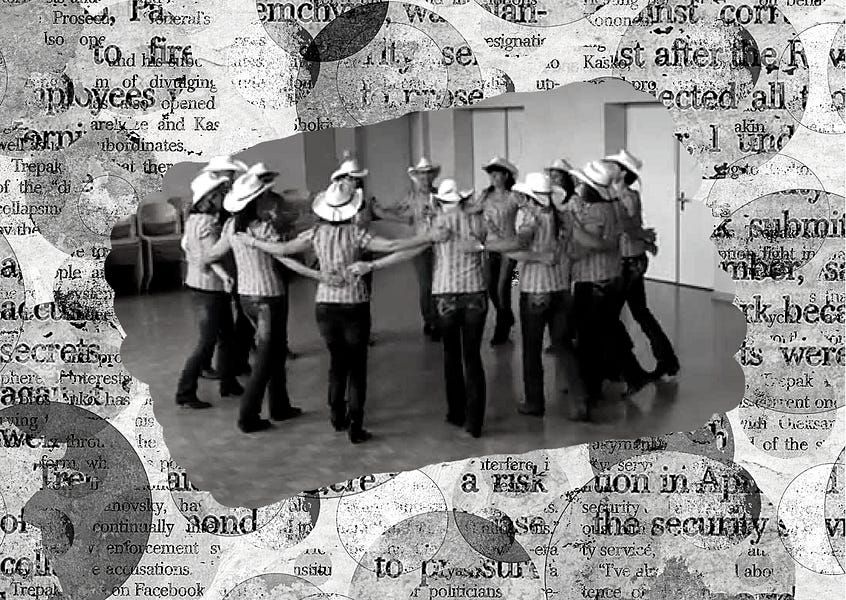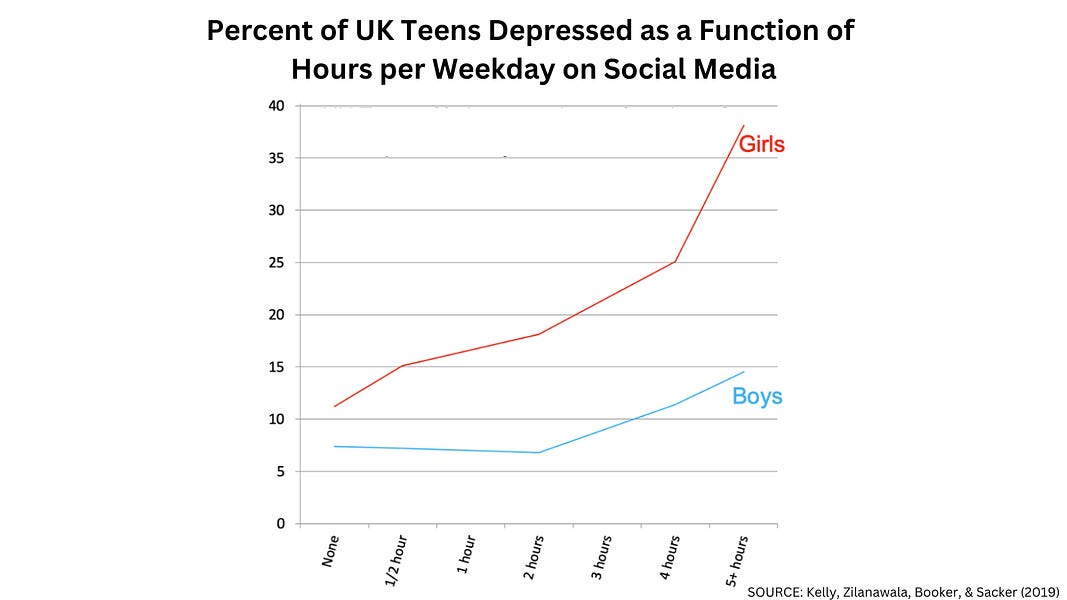
Weekend reading — from the serious to the silly
From lessons we should learn from the coverage of Nicola Bulley’s disappearance, to AI copyright, to that weird, mysterious content on TikTok, it’s all here.
Lessons from coverage of Nicola Bulley's disappearance
Non-UK readers will have been spared this, but our media have been locked into a weeks-long obsession with the disappearance of a middle-aged woman. Her body was recently found exactly where the police expected it to be: in a local river.
Quite why specific people get this level of coverage when they go missing and others are all but ignored still puzzles me. For example, over five years ago, a former Estates Gazette colleague went missing — and has never been found. His disappearance has never troubled the national media, although it did make it into the relevant locals, despite the fact that his wife is a fairly well-known cookery writer.
Nicola Bulley was one of those whose disappearance gripped both the media and the public. After her body was found, the family issued a statement which did not hold back in its criticism of the media for their coverage of Nicola's disappearance.
It saddens us to think that one day we will have to explain to them that the press and members of the public accused their dad of wrongdoing, misquoted and vilified friends and family. This is absolutely appalling, they have to be held accountable; this cannot happen to another family.
There's been some worthwhile looks at what went wrong and why, and they should be a trigger for us to try and learn something from this. Who knows if they will, though…
Members of the public
Charles Arthur takes a look at how the amateur sleuths of TikTok and YouTube got involved, the consequences of their work, and how bloody quickly they moved on…

The press
For InPublishing, Liz Gerard, of the late, lamented SubScribe blog, takes the word “press” very literally in the family's statement, and goes deep on the newspaper coverage.

The press part 2 (including broadcasters)
And, in typical abrasive and uncompromising style, Mic Wright takes the whole damn industry to task.

The Instagram photographer who faked the whole thing
What's interesting about this is not that he managed to fool a lot of people with his images, it's how much work it actually took. He didn't just take the AI images raw from the machine — he worked on them.

The AI copyright battle
Over in the states, Kris Kashtanova, whom I taught during their undergraduate degree at City, has been fighting to defend their copyright on a graphic novel they created using AI. To be clear, they wrote the script, laid out the pages, added the speech and narrative bubbles — and created the prompts used in Midjourney to generate the images.
The US Copyright office has decided that they have copyright in the writing of the book, and in the arrangement of the images on the page, but not on the individual images themselves.
And so what will be a burgeoning field of AI copyright law starts to develop…
/cloudfront-us-east-2.images.arcpublishing.com/reuters/UQ6UAHFAH5OUFDBNDSIDYMOY3I.jpg)
You can read the full ruling here.
An AI sceptic writes
I keep saying that AI is not ready for use in search just yet. Ryan Broderick is prepared to go one step further and say that it never will be any good for that, and he makes an intriguing case:
My hunch is that AI is just not good for search and actually never will be. And to be honest, I’m a little confused as to why we think it would be. It’s like giving a guy that’s high on acid access to the biggest library in the world.
I'm still not completely convinced. The AI of two years' time might be much better at this. Anywhere machine learning gets applied, the quality tends to rise dramatically as it gets used more. So, we'll see.

Why the algorithm loves nonsense
If you've been spending any time on TikTok or Reels on Facebook or Instagram, you'll have come across the phenomenon of inexplicably pointless videos. You may even have watched them multiple times, trying to figure out what the hell is going on. And that, in itself, is the point. And, as Freddie deBoer argues, this is the inevitable result of our current media landscape:
I’m talking about videos in which the purpose is to drive “engagement” through a given clip’s lack of sense and meaning and nothing else. They’ve taken the monetization of attention to a certain logical endpoint: their creators understand that there are few things people like less than the feeling of being confused, and that most of us will seek help to understand something we can’t figure out on our own. Seeking that help by sharing or commenting gooses the algorithm.

Quickies
- 🚗 TikTok is making a bid for the in-car entertainment market.
- ❤️ A terrifying number of people are already in love with AIs.
- 🔎 This is interesting — the recent “helpful content” update in the Google algorithm is now contributing towards the chance of a story appearing in Google Discover.
- 🛑 The European Commission becomes the latest governmental organisation to ban TikTok from staff devices.
- 🎞️ Reels down, good old fashioned photos up on Instagram.
Seriously Long Read
I'm not joking: this is long and intense. But it makes the case that the evidence supports the idea that social media is a significant cause in the declining mental health of teenagers.
As the father of two pre-teen daughters, this is giving me plenty to think about.

What a visual intro
This is a bizarre story, and a slightly disturbing one, but just look at the visual impact of the opening image. I'm mildly obsessed with the “15 second experience” — how does the journalism feel in the first 15 seconds after you click through to a piece? — and this is a fantastic example of how to keep people on page.

And finally…
Others: TikTok is not journalism and blabla”
— Erika Marzano (@erika_marzano) February 22, 2023
Us: https://t.co/TwtoP9nga4
Sign up for e-mail updates
Join the newsletter to receive the latest posts in your inbox.



















